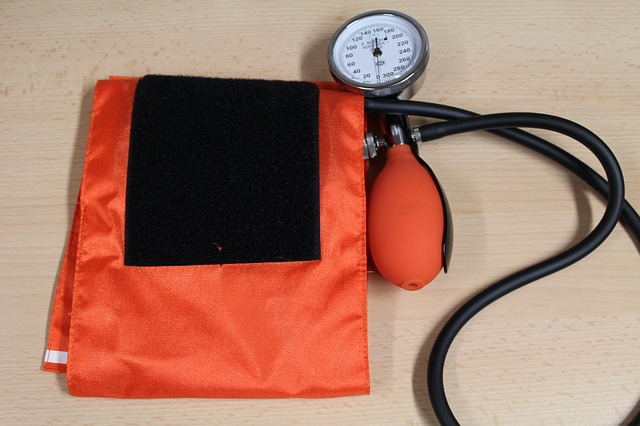Each year, more than one million Americans are diagnosed with adult-onset diabetes mellitus, also known as type 2 diabetes.
The new diagnosis comes with a long list of potential complications: high blood pressure, nerve damage, kidney disease, stroke, glaucoma and more.
But for African-Americans and Latinos, a diagnosis of diabetes after age 50 may also come with a more than threefold risk for developing pancreatic cancer, according to a new study led by the Keck School of Medicine of USC published today in the Journal of the National Cancer Institute.
“There are very few studies on diabetes and pancreatic cancer that include Latinos and African-Americans,” says the study’s lead author V. Wendy Setiawan, PhD, associate professor of preventive medicine at the Keck School. “Both groups have a high rate of diabetes, and African-Americans, in particular, have a higher risk of developing pancreatic cancer relative to other racial/ethnic groups. Because most people with pancreatic cancer are diagnosed at a late stage, the five-year survival rate is low — about 8 percent. Identifying people who are at high risk early on could potentially save their lives.”
Symptoms of pancreatic cancer typically present when the disease is in its later stages, and no screening methods currently exist.
Using prospective data from approximately 49,000 African-Americans and Latinos, the researchers found that people who were diagnosed with diabetes between the ages of 65 and 85 were more likely to develop pancreatic cancer within three years as compared with people without diabetes.
Continue Reading Below ↓↓↓
The data showed that Latinos were four times more likely to develop pancreatic cancer within three years of a diabetes diagnosis, and African-Americans were three times more likely.
The research team also looked at whether late-onset diabetes was associated with breast, prostate or colorectal cancer, and no association was found.
“What we found is that, yes, diabetes is associated with pancreatic cancer in African-Americans and Latinos, but we also discovered that there is a different type of diabetes here, a late-onset diabetes that’s associated with developing pancreatic cancer within 36 months. The evidence suggests that late-onset diabetes may be an early sign of pancreatic cancer,” Setiawan says.
Late-onset diabetes may be a useful marker for pancreatic cancer, she adds, providing an opportunity to screen high-risk groups with new tools such as liquid biopsy, which is a test that looks for cancer cells or DNA from cancer cells in the blood.
“Pancreatic cancer is a rare disease, but if you are diagnosed with late-onset diabetes, have a conversation with your clinician about your individual risk,” Setiawan says. “Early intervention could improve survival.”
This study was supported by the National Institutes of Health under award numbers R01CA209798 and U01CA164973. Approximately 80 percent of the project’s funding was federally funded. Twenty percent of the project’s funding was not federally funded. The content is solely the responsibility of the authors and does not necessarily represent the official views of the National Institutes of Health.
Sources: National Institutes of Health; EurekAlert!, the online, global news service operated by AAAS, the science society.











